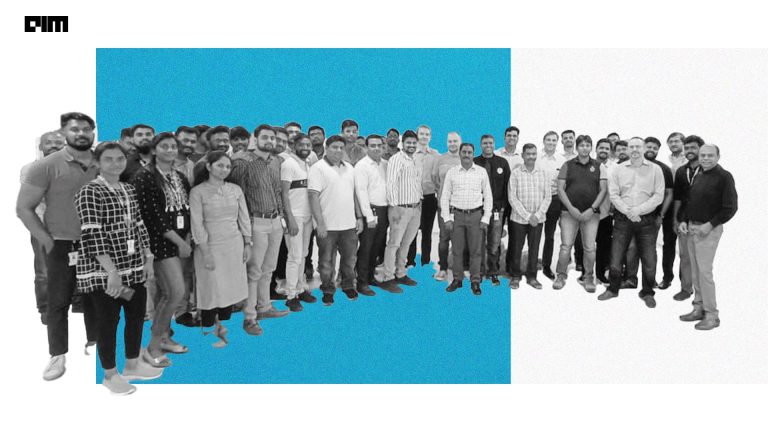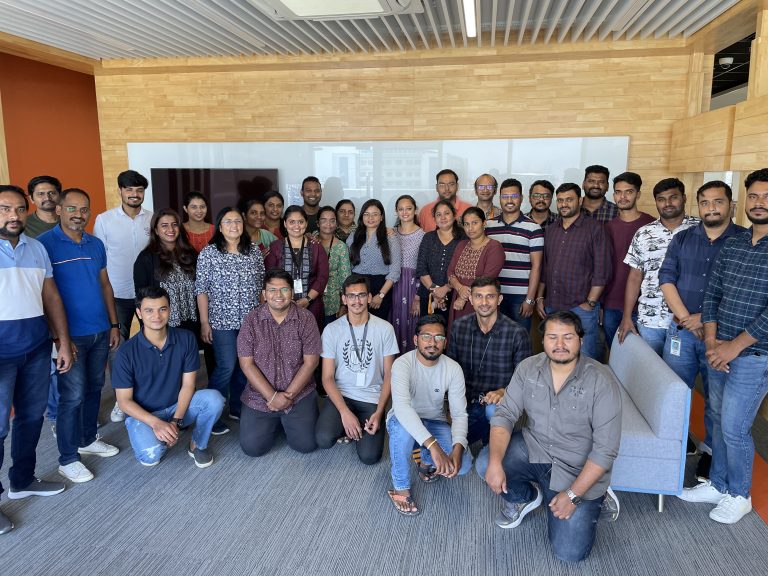You are here for several reasons. My best bets would be a) you have made up your mind about pursuing a career in data science, and b) you want to know why people who fell in the first category arrived at that decision.
There is no shortage of articles that delve into a step-by-step process of how you can become a data scientist. While some attempt to summarise must-have skills for data scientists, others try to describe how they can acquire those skills. Although these are important, I hope to answer the question that should predate this.
Why do you want to be a data scientist?
Because it holds the promise of a career with high pay, high demand, and high security? That is fair, but not necessarily what a recruiter wants to hear. While this is a given, your answer should help them gauge what is it about data science that draws you in and is likely to keep you engaged in the years to come.
It should shine a spotlight on what motivated you to apply for the position and even your inspiration for working for the company. It may also be good to emphasise your interest in data mining and your desire to apply analytical skills to solve real-world issues. In other words, your answer should demonstrate that you are pursuing this position because you are passionate about data (as well as the company you are applying for).
Job portal Indeed has provided a template for aspiring data scientists to use during job interviews:
“I have a passion for working for data-driven, innovative companies. Your firm uses advanced technology to address everyday problems for consumers and businesses alike, which I admire. I also enjoy solving issues using an analytical approach and am passionate about incorporating technology into my work. I believe that my skills and passion match the company’s drive and capabilities.”
While you can recreate this with some variations for your next interview, here are some other ways in which you can answer this dreaded — but straightforward — question:-
Flaunt Your Knowledge
The hype around data science has drowned out a nuanced understanding of the field. This is especially true for candidates who are hoping to enter the industry based on mismatched expectations.
Recruiters understand this very well. Your answer to this question, then, should cut through this bias and inform them that you know enough about the field to not harbour any unrealistic expectations of the job.
You can begin by asking them about the company’s data collection model. More often than not, companies hire data scientists even before they have started collecting the right data. In these cases, data scientists would invariably be involved in every step of the workflow — including data collection, storage, and visualisation. While these may be discussed as they sketch a broad picture of your role, pivoting the discussion to this point on your own is sure to help you get noticed.
Introspect On What Excites You About Data Science
Engaging in something or being involved in it for a long time can drive you to overlook details that are actually uncommon. Think deeply about what excites you the most about data science, and you already have your answer.
Whether it is the ubiquity of this technology, its fast-evolving nature, its applications in solving real-world problems, its scope to integrate previous knowledge with new ideas, its capacity to tame unstructured data, or build predictive capabilities — there is no right answer here.
After you have identified what excites you the most in data science, expound on it and illustrate it with clear examples.
Prove That You Know What The Future Holds
As interested as you may be in data science, all companies want to know if you can challenge yourself by constantly evolving and growing with the technology. While it is good to establish your knowledge about the field, you will also need to demonstrate that you can embrace change just as well and are capable of adapting quickly.
Automation of AI models is likely to usurp the most technically challenging — and perhaps appealing — part of the job. This means that a big chunk of your role would insight and oversight of data — something that you prove you are just as excited about. Understand from them how they are connecting the analytics to the business and how their software interacts with people.

































